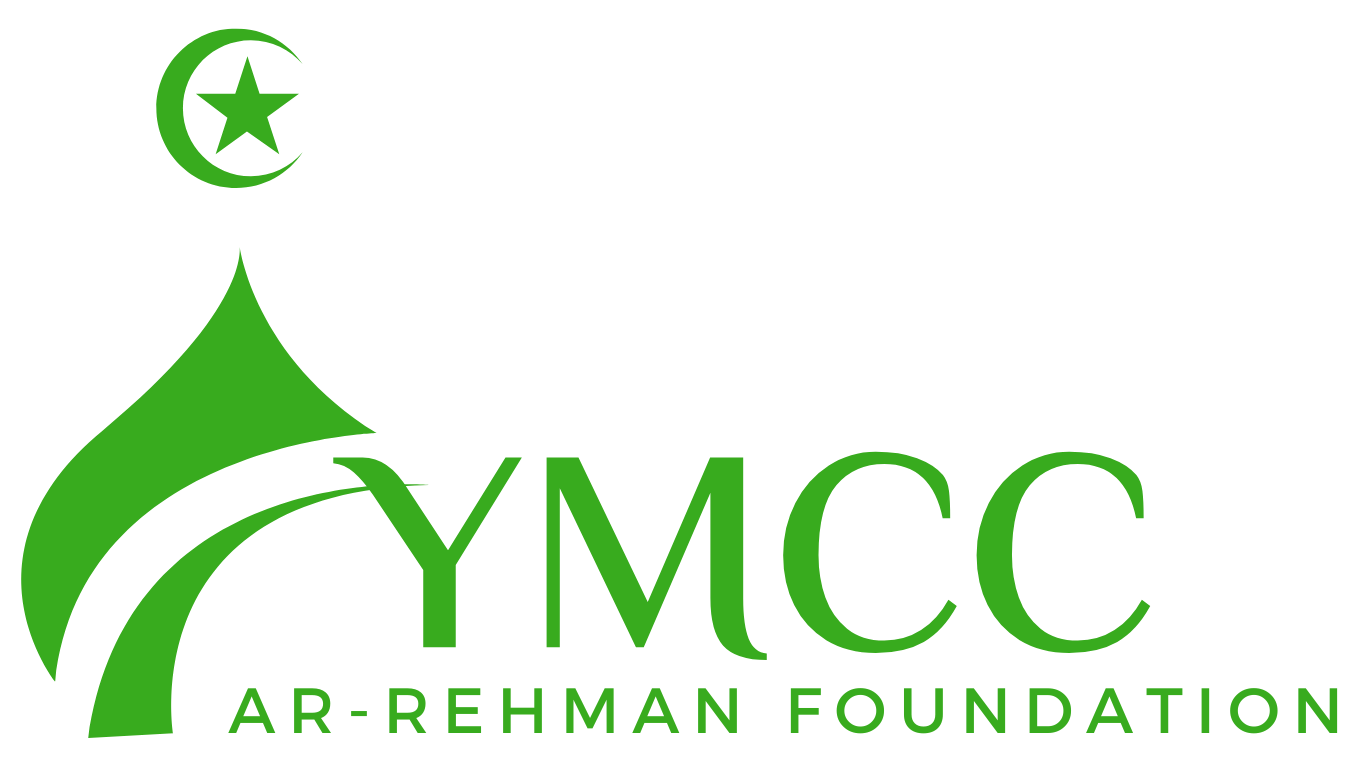Quran Classes

The Importance of Quran Classes
Quran classes are a cornerstone of Islamic education and spiritual growth. These classes play a pivotal role in teaching Muslims of all ages about the Qur’an, which is considered the literal word of God and a guide for all aspects of life. The significance of Quran classes can be understood through several key aspects:
1. Learning and Memorization: Quran classes provide structured instruction in reciting, memorizing, and understanding the Qur’an. This is crucial for preserving the authenticity of the text and for personal spiritual development.
2. Theological Education: Beyond mere recitation, these classes offer insights into the meanings and interpretations of the Qur’anic verses. This helps students understand Islamic teachings and apply them in their daily lives.
3. Community Building: Quran classes often foster a sense of community among participants, creating bonds through shared learning experiences and collective worship.
4. Preserving Tradition: These classes play a role in preserving Islamic traditions and passing down the teachings of the Qur’an from one generation to the next.
Quran Classes and Charity: A Hadith Perspective
Charity, or Sadaqah, is a fundamental aspect of Islamic life, and it can take many forms, including supporting educational projects like Quran classes. The following hadith illustrates the value of charitable actions, particularly those that provide ongoing benefits to others:
Narrated by Abu Huraira: The Prophet Muhammad said, “When a man dies, his deeds come to an end except for three: a continuing charity (sadaqah jariyah), beneficial knowledge, or a righteous child who prays for him” (Sahih Muslim, Book 13, Hadith 4005).
This hadith highlights the concept of Sadaqah Jariyah, or ongoing charity, which includes actions that continue to benefit others even after one’s death. Supporting Quran classes aligns with this principle in several ways:
1. Establishing Quranic Schools: Setting up or contributing to institutions that offer Quran education is considered Sadaqah Jariyah. These schools provide continuous learning opportunities for future generations, ensuring that the teachings of the Qur’an are preserved and propagated.
2. Funding Quran Classes: Donations to support the operational costs of Quran classes, including teacher salaries, educational materials, and facility maintenance, represent an act of ongoing charity. Such contributions ensure that educational resources remain available to all community members.
3. Supporting Teachers: Providing financial assistance or resources to Quran teachers can also be seen as a form of Sadaqah Jariyah. Educators play a crucial role in disseminating knowledge and fostering a deeper understanding of the Qur’an.
4. Community Outreach Programs: Organizing Quran classes for underprivileged or marginalized communities reflects the spirit of charity and inclusivity. Ensuring access to Quranic education for everyone, regardless of their socio-economic status, aligns with the broader Islamic values of equity and compassion.
Conclusion
Quran classes are vital for spiritual growth, religious education, and community cohesion in Islam. They provide individuals with the knowledge and tools to live according to Islamic teachings while fostering a deep connection with the Qur’an. The concept of Sadaqah Jariyah, as illustrated by the hadith, underscores the enduring value of supporting such educational initiatives. By contributing to Quran classes, whether through establishing schools, funding programs, or supporting teachers, individuals can engage in acts of charity that offer lasting benefits to the community and uphold the rich tradition of Islamic learning.
